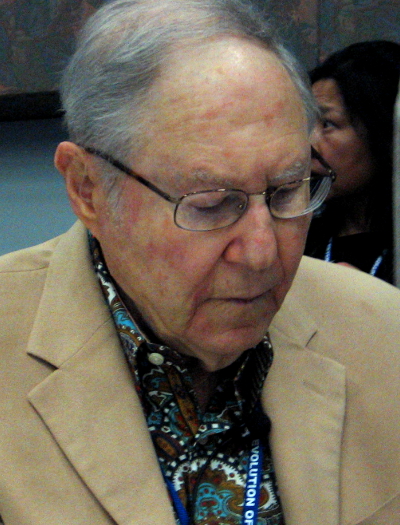There are only two places in the world where time takes precedence over the job to be done. School and prison.

"William Glasser" was an United States/American psychiatrist.
Glasser was the developer of Reality Therapy and Glasser's choice theory/Choice Theory. His ideas, which focus on personal choice, personal responsibility and personal transformation, are considered controversial by mainstream psychiatrists, who focus instead on classifying psychiatric syndromes as "illnesses", and who often prescribe psychotropic medications to treat mental disorders. Glasser was also notable for applying his theories to broader social issues, such as education, management, and marriage, to name a few. Glasser notably deviated from conventional psychiatrists by warning the general public about the potential detriments caused by the profession of psychiatry in its traditional form because of the common goal to diagnose a patient with a mental illness and prescribe medications to treat the particular illness when, in fact, the patient may simply be acting out of unhappiness, not a brain disorder. Glasser advocated the consideration of mental health as a public health issue.
If you enjoy these quotes, be sure to check out other famous psychologists! More William Glasser on Wikipedia.It is almost impossible for anyone, even the most ineffective among us, to continue to choose misery after becoming aware that it is a choice.
We almost always have choices, and the better the choice, the more we will be in control of our lives.
If you want to change attitudes, start with a change in behavior.
We may be up against a stone wall, but we don't have to bloody our heads against it unless we choose to.
What happened in the past that was painful has a great deal to do with what we are today, but revisiting this painful past can contribute little or nothing to what we need to do now . . .
Effective teaching may be the hardest job there is.
We Learn . . .10% of what we read20% of what we hear30% of what we see50% of what we see and hear70% of what we discuss80% of what we experience95% of what we teach others.
Caring for but never trying to own may be a further way to define friendship.
Copyright © 2024 Electric Goat Media. All Rights Reserved.